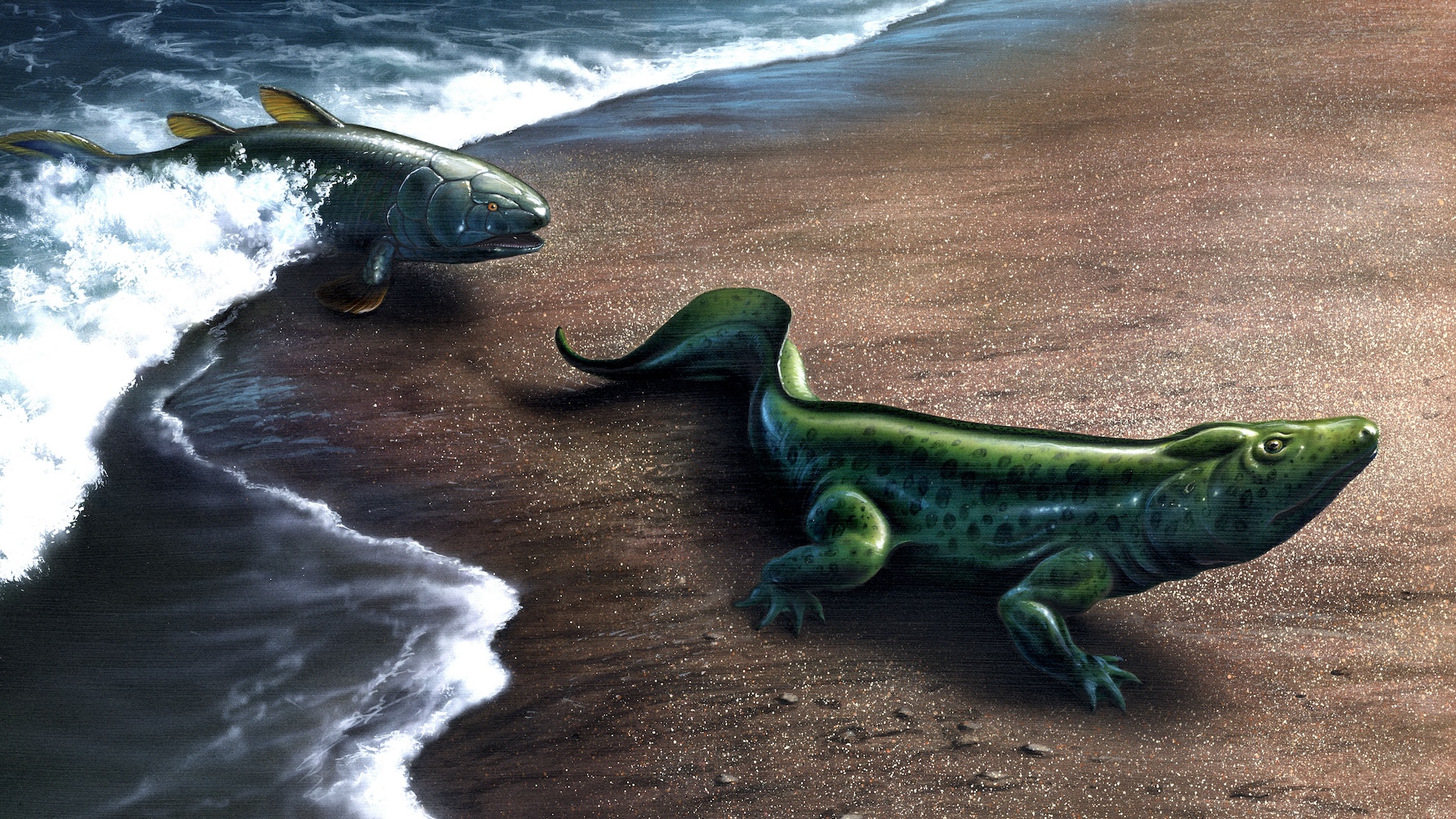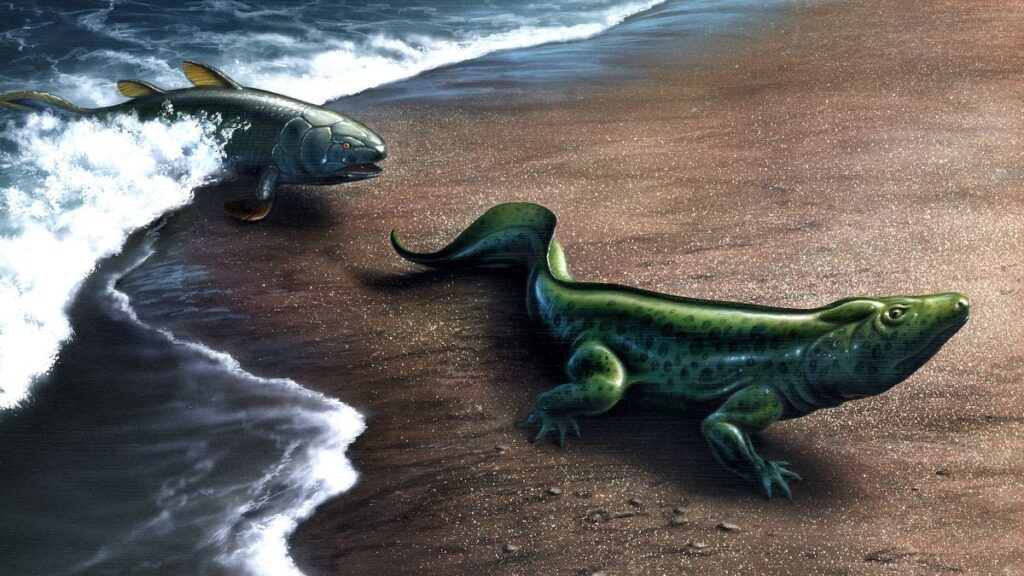
The fact that living things evolve in the face of environmental change is not news, but a study now suggests that the process of evolution itself evolves, too.
The “evolvability” of evolution is a controversial concept, in part because it’s difficult to measure. Living things typically adapt to their environments; for example, some bacteria rapidly evolve resistance to antibiotics. But does the process itself also change over time, and if so, what would drive the evolution of evolution?
In a new paper published Dec. 31, 2024, in the journal PNAS, biologists suggest that evolution can get better over time. This occurs by “fine-tuning” a population’s response to environmental changes — so long as the environmental fluctuations aren’t too rapid, the study authors propose.
“Life is really, really good at solving problems,” Luis Zaman, an evolutionary biologist at the University of Michigan and lead author of the study, said in a statement. “If you look around, there”s so much diversity in life, and that all these things come from a common ancestor seems really surprising to me. Why is evolution so seemingly creative? It seems like maybe that ability is something that evolved itself.”
To test their hypothesis, Zaman and his colleagues used a computer program in which virtual organisms inhabited an environment where they could survive through one of two mutually exclusive strategies. In one environment, organisms could eat blue berries to survive but would die if they ate red ones. In the other, the red berries were nutritious and the blue ones were poisonous. The populations of organisms could evolve to eat only one type of berry, but not both.
Related: How fast does evolution happen?
When the researchers repeatedly swapped the conditions in these virtual worlds, flip-flopping between which berries were edible, their life-forms got faster at adapting to new circumstances over time. This didn’t happen when the environment changed too quickly — populations couldn’t evolve in just one generation. But over tens or hundreds of generations, the ability to adapt increased and stayed high.
“Once a population has achieved this evolvability, it seems like it didn’t get erased by future evolution,” Zaman said.
This evolvability is due to two patterns: High mutation rates and an increasing number of mutations over time that are beneficial, the authors wrote in the study. High mutation rates give organisms that chance to adapt to new conditions, because there is a greater variety of individuals that can survive and thrive. Meanwhile, the greater number of beneficial mutations overall allows organisms to adapt to conditions their ancestors already encountered.
The biologists used simple virtual organisms — the equivalent of rapidly reproducing microbes. But the same rules are likely to hold for more complex life, Zaman and his team wrote in the study.
“Although we use an unnatural study system,” they said, “our results provide insight into how and why populations in nature have been evolving so relentlessly.”
Evolution quiz: Can you naturally select the correct answers?
